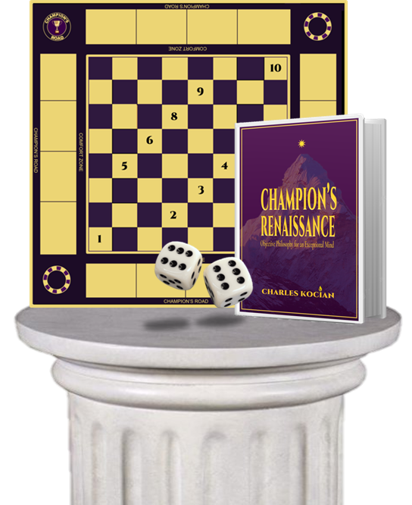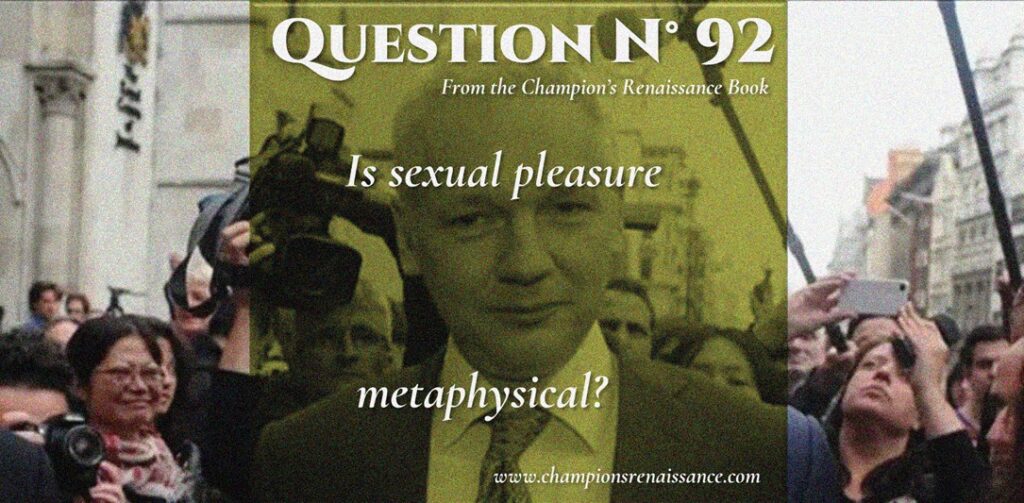ASSANGE
By Charles Kocian
Last week in London, the Julian Assange case, founder of the whistleblowing website Wikileaks, went to the High Court on 20 and 21 February in what could be his last opportunity to avoid extradition to USA. Although he has committed no crime, because he acted like a publisher of whistle-blowers, he has been in prison since 2019 and required by the US government accusing him of disclosing military secrets in Wikileaks. As a computer programming Australian teenager, he founded Wikileaks were he published millions of documents, including related to war, spying and corruption. For the US it was one of the largest compromises of classified information in its history. His lawyers asked the European Court of Human Rights to consider the case but it was dismissed. Experts in this topic say that it is highly probable he will be killed in the US to give an example and deter future people like him. As Voltaire said: “It is dangerous to be right in matters where established men are wrong.” Little after the Renaissance something similar happened to Baruch Spinoza.

Indeed, just after the Renaissance, Baruch Spinoza 1632 –1677 a Portuguese of Jewish origin philosopher was expelled from its Jewish community who was living in Amsterdam. What was his crime? To think with its own brain. Today he is considered an important thinker of the Age of Reason, and he who most influenced Einstein. Inspired by Stoicism, Machiavelli, Descartes and Hobbes he was sceptical about religion. He was accused of atheism, although he never said he didn’t believe in God. His works includes political philosophy, metaphysics, epistemology and ethics among others.
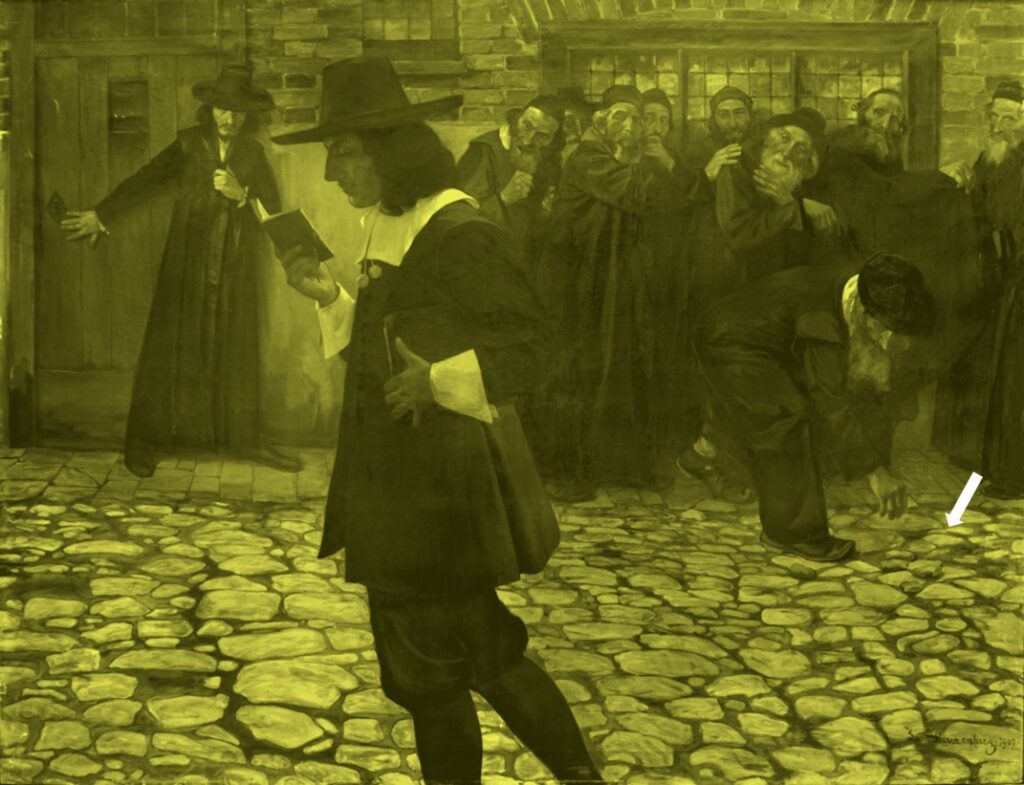
Image derived from Spinoza and the Rabbis painting, by Samuel Hirszenberg.
On July 27, 1656, the Sepharadi Talmud Torah congregation of Amsterdam expelled Spinoza when he was 23 years old, accusing him of “abominable heresies” and “monstrous deeds”. He didn’t believe in man’s soul immortality and the Jewish or Christian Bible. The Amsterdam government didn’t censorship him because they were tolerant, but not its own Jewish community.
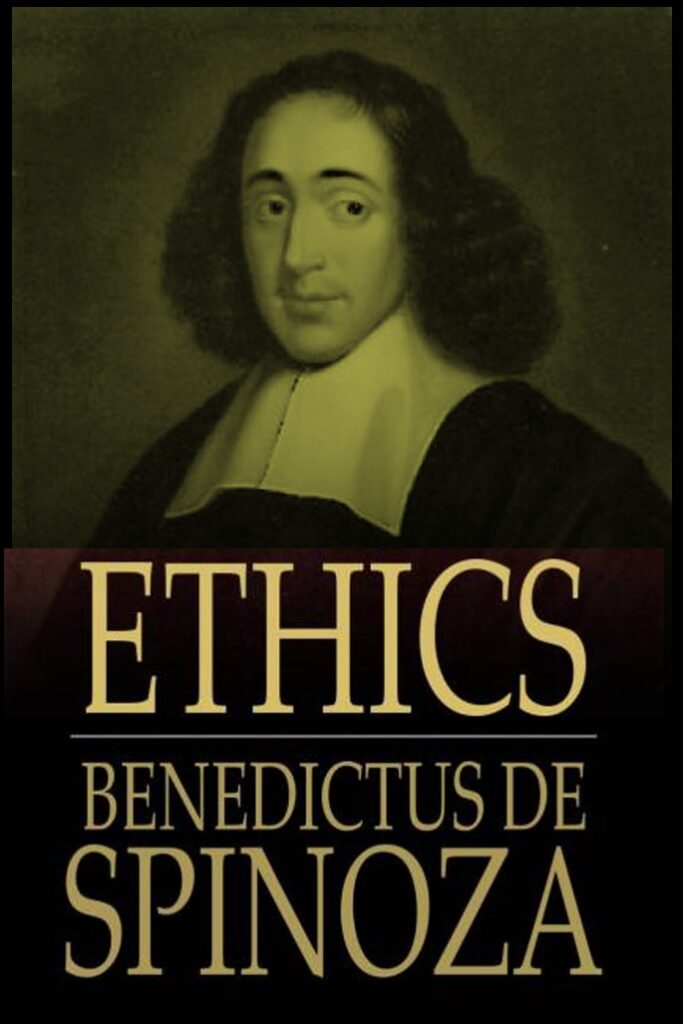
The “monstrous deeds” were his views, which were divergent or contrary to the views of the rabbinical authorities. He never repented and wrote a letter to the elders of the synagogue defending his views and condemning them of accuse him for nothing. This letter was lost, but an idea of its content exists in his Theological-Political Treatise. After his expulsion he divorced from its Jewish identity and wrote many books, being Ethics perhaps the most important one. Spinoza, influenced Einstein’s mind; its own mind, by the major Greek philosophers. Among them was Plato and Aristotle, but also some Pre-Socratic philosophers.
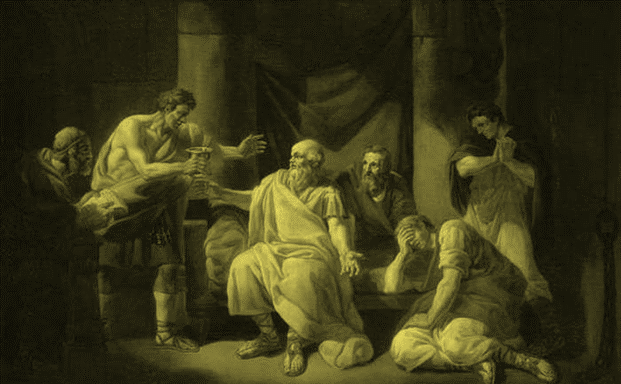
Death of Socrates.
The Pre-Socratic philosophers were the philosophers before Socrates. Instead of ethics, they were more interested in studying the nature of the universe itself, as scientists. One of them was Anaxagoras, which through observation and logic discovered that the movement of the moon, and the reflecting light from the sun, was the cause of the moon-phases. For him, the moon had mountains and the sun was a burning mass. But, because many Greek city-states believed the sun and the moon were divine entities, he was tried for impiety and sentenced to death. Fortunately for him, Pericles, the great ruler of Athens, was his friend, and he convinced the voters to reduce the penalty to exile. So, Anaxagoras quickly went out to Lampsacus (Turkey) and quietly continued to work there. Socrates, as we all know, didn’t have the same fortune some years later.
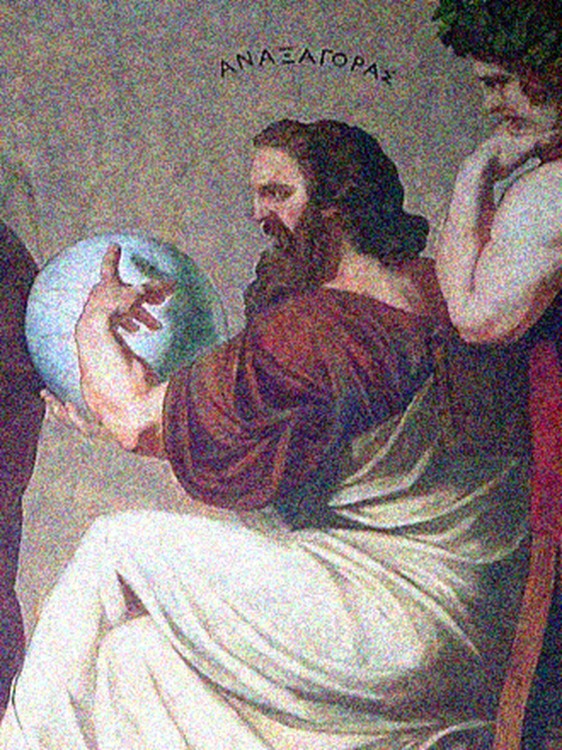
Anaxagoras.
CONCLUSION
Although “philosophy” means to love truth, the necessary knowledge that allows man’s progress, history show many cases where truth has been condemned because diminish rulers power or expose its dirty secrets. Great thinkers have arrived to the same conclusion. We pointed above that Voltaire said: “It is dangerous to be right in matters where established men are wrong.” George Orwell said: “In a time of deceit telling the truth is a revolutionary act.” But, although rulers can deceit themselves to conserve its power all they want, objective truth remains inalterable. As Aldous Huxley said: “Facts do not cease to exist because they are ignored.” Or as Buda said: “Three things cannot hide for long: the Moon, the Sun and the Truth.” We can see that, when facts threaten the rulers comfort zone, they evade reality, that is, they self-deceit to maintain its power. But evasion always lose fighting against facts. As Fyodor Dostoevsky said: “Above all, don’t lie to yourself. The man who lies to himself and listens to his own lie comes to a point that he cannot distinguish the truth within him, or around him, and so loses all respect for himself and for others. And having no respect he ceases to love.” Weak governments, derive from evaders; strong governments, from honest minds.

But what is the relation between evasion and the metaphysical sexual pleasure? By the way, by metaphysical I mean nothing mystical, only to all the existence that exist in the physical space, including our body and mind. Therefore, orgasm cannot be complete when the mind and the body are divorced. It can’t, because man is a rational-animal, that is, a mind-body-entity and, although they should act together in orgasm, rarely do. As Ayn Rand said: “Sex is a physical capacity, but its exercise is determined by man’s mind—by his choice of values, held consciously or subconsciously. To a rational man, sex is an expression of self-esteem—a celebration of himself and of existence. To the man who lacks self-esteem, sex is an attempt to fake it, to acquire its momentary illusion.” In other part she says: “Only the man who extols the purity of a love devoid of desire, is capable of the depravity of a desire devoid of love.” I will end with this: The man who evades the fact he is a rational-animal, divorce its body from its mind at the moment of orgasm.
Now answer to question 92.
QUESTION N° 92
What is metaphysical sexual pleasure?
a) Spiritual platonic pleasure.
b) Sexual pleasure that integrates body and mind.
The answer is: b) Sexual pleasure that integrates body and mind. Indeed, for the rational-animal, romantic love without sexual pleasure is incomplete, just as sexual pleasure without romantic love is incomplete.
Leave your comments here.
Download the free philos0phy game below.
